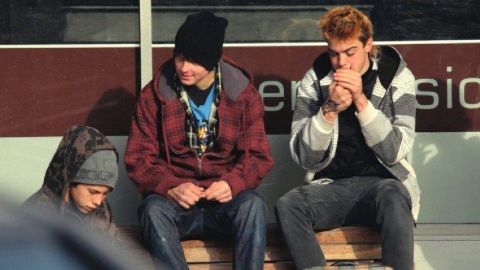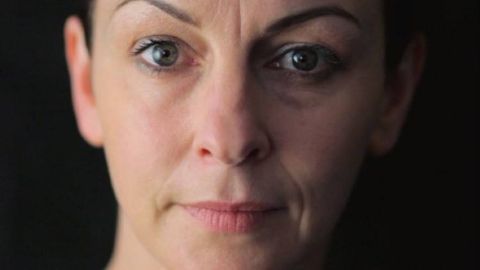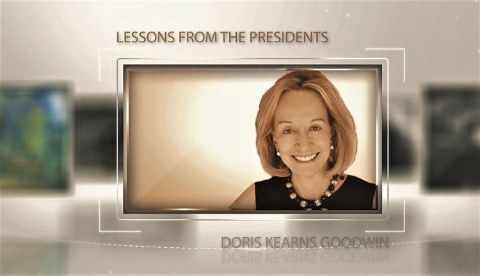When Teens Run Off the Rails • 2016 • episode "S1E2" • Predict my Future: The Science of Us
Troubled teens , why some go bad and others come right. What happens when young people run off the rails? Youth offending is very common , almost everyone does dumb things and many of us break the law. However youth offenders consist of two core groups; life present offenders (people who are going to continue offending regardless), and people who given the right conditions will return to become mainstream citizens.
Make a donation
Buy a brother a hot coffee? Or a cold beer?
Hope you're finding these documentaries fascinating and eye-opening. It's just me, working hard behind the scenes to bring you this enriching content.
Running and maintaining a website like this takes time and resources. That's why I'm reaching out to you. If you appreciate what I do and would like to support my efforts, would you consider "buying me a coffee"?
Donation addresses
BTC: bc1q8ldskxh4x9qnddhcrgcun8rtvddeldm2a07r2v
ETH: 0x5CCAAA1afc5c5D814129d99277dDb5A979672116
With your donation through , you can show your appreciation and help me keep this project going. Every contribution, no matter how small, makes a significant impact. It goes directly towards covering server costs.







